Composting people – legislation coming to Colorado
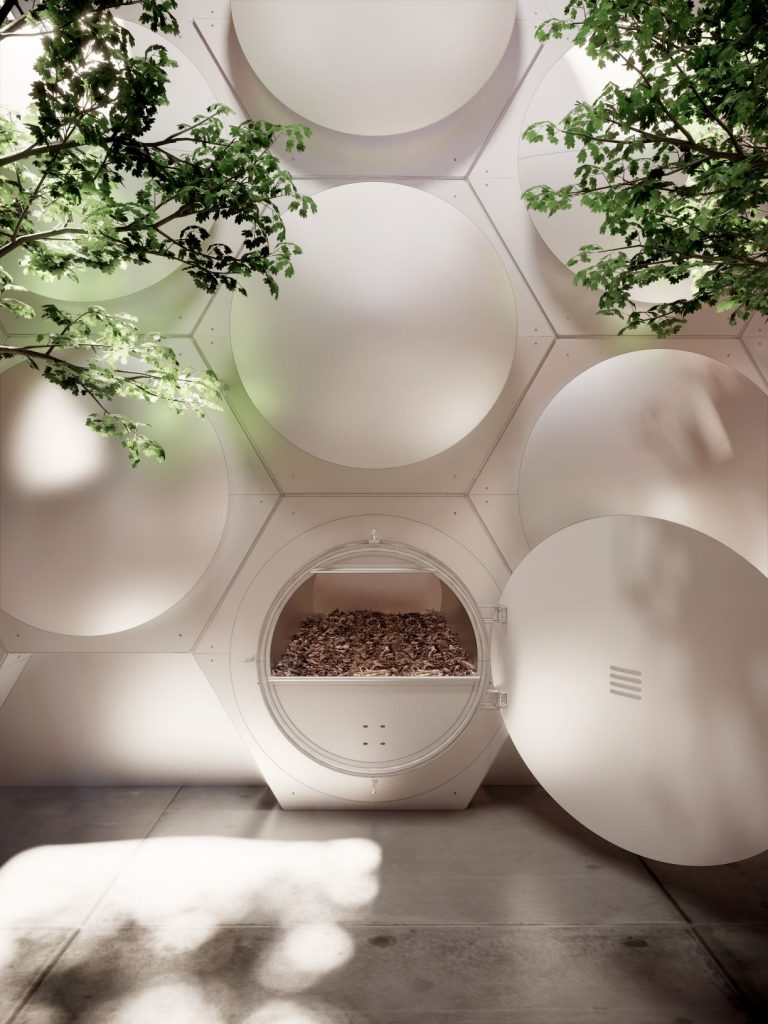
Special to the Surveyor
For most Coloradans there are two main choices after death: burial or cremation. Representative Brianna Titone (D) and Senator Robert Rodriguez (D) plan to bring a bill to the general assembly that would give Coloradans another legal option: they can have their bodies turned into soil.
The novel approach, known as “natural organic reduction,” (NOR) involves placing bodies in individual vessels and hastening gentle decomposition into a nutrient-dense soil that can then be returned to families. The result is a completely safe and economical method of final disposition that offers additional choice for people to direct their final wishes. The process is proven to be more environmentally sound than burial, which can leach chemicals into the ground, or cremation, which uses fossil fuels and releases carbon dioxide. Given the rapid population growth in Colorado, sustainable and environmentally-friendly options have become increasingly vital.
Titone and Rodriguez are working to ensure Colorado will become the second state to offer NOR. “This service embodies the spirit of Colorado’s way of life. In addition to freedom of choice for consumers and a positive environmental impact, NOR will also benefit Colorado by bringing in a new, unique business opportunity that complements the state’s entrepreneurial nature,” commented Titone.
“It’s not easy to think about after-death choices. NOR offers an alternative to embalming and burial or cremation that is natural, safe, sustainable, and will result in significant savings in carbon emissions and land usage,” said Recompose CEO and founder Katrina Spade, inventor of NOR. Recompose is a death-care company that will be offering natural organic reduction services as soon as 2021. “We look forward to working with Representative Titone and Senator Rodriguez to make sure this new alternative to conventional after-death practices is available to all Coloradans who want it.”
To underscore the safety and viability of the NOR process, Recompose partnered with Dr. Lynne Carpenter-Boggs, professor of Soil Science at the College of Agriculture, Humans, and Natural Resources Sciences at Washington State University. The university’s 2018 study found the process exceeds public health and EPA requirements by maintaining a temperature that kills viruses, bacteria and pathogens as well as stabilizing heavy metals in the soil.
As cemeteries fill up and people look for more sustainable death-care practices, Recompose hopes to one day offer its service to the Colorado public, so friends and family can use the soil to plant a tree or for a memorial garden honoring loved ones.
Currently Colorado has one of the highest cremation rates in the U.S. at 73.6%. But cremation requires fossil fuels and emits CO2 into the atmosphere. According to the company Recompose, NOR uses 1/8 the energy of cremation, and saves over a metric ton of CO2 per person.
From March through July 2018, Carpenter-Boggs and her team conducted a series of six trials to test the effectiveness of NOR to break down the human body into its natural elements like nitrogen, amino acids and phosphorus. Researchers in the project consulted with state officials to conform with state ecology guidelines and regulations for the handling and transportation of human remains. Increasing awareness of the environmental toll of current funeral practices was a catalyst in the development of protocols for the process.
“We are excited to have researched this new disposition option, because of its potential to sequester carbon and avoid the pollution caused by cremation and conventional burial,” said Carpenter-Boggs. Carpenter-Boggs adapted techniques developed over two decades of composting livestock remains in agricultural settings, including prior research done at Washington State University. “We have found that the essential methods that we use for livestock mortality composting are also effective for human disposition,” she continued. “We have substantially changed the materials used, to be socially acceptable, but the basic principles that we have learned from livestock mortality composting are very effective for the human research subjects that we used.”
- June, 28 2019
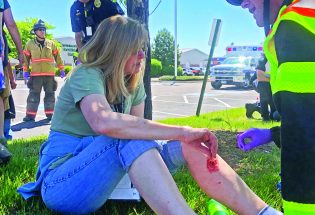
The Surveyor does…emergency man...
Photo by Amber McIver-Traywick - A volunteer at the Larimer County UNITE Full-Scale Emergency Exercise...
- September, 29 2022
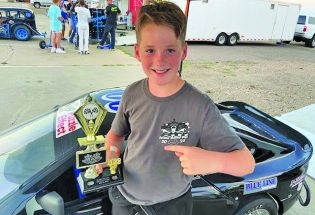
Tanner McKim – A kid on the move
Courtesy photo - Tanner McKim, a Berthoud sixth grader likes to...
- April, 26 2018

Berthoud residents disgruntled with T...
By Aaron Reynolds The Surveyor The podium during public comment at the April 18 Thompson...
- May, 31 2019
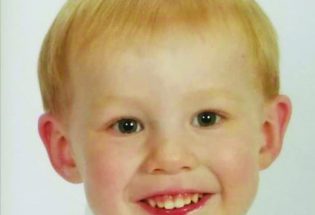
Parents – Beware of corded blin...
By Autumn Leopold The Surveyor It was an average Thursday in January 2010 for the...
- November, 13 2020
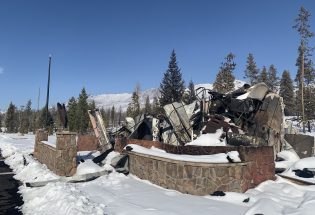
Fire impact at Rocky Mountain National
The two largest wildfires in Colorado’s history continue to burn into early November. While the...
- April, 14 2022
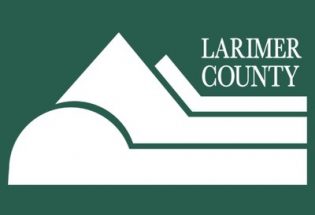
Larimer County issues update for Reco...
Larimer County submitted a report to the U.S. Treasury Department regarding its planned uses of...

POLICEBLOTTER
Community News
Northern Water sets C-BT quota at 70% for 2024
Community News

Emotions run high during Revere Property hearing
Community News
Snowpack at 119% above normal
Community News

Karspeck to serve third term as Berthoud mayor
Community News

OPINION – No bitchin’ allowed
Community News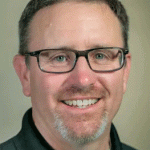
Roy Tripi to become principal of BHS on July 1
Community News
COMMUNITY CALENDAR:
Community Calendar – add an event
Homestead Fine Art Gallery First Fridays OPEN HOUSE
03 May 4:00 PM - 7:00 PM
Homestead Fine Art Gallery First Fridays OPEN HOUSE
07 Jun 4:00 PM - 7:00 PM
Homestead Fine Art Gallery First Fridays OPEN HOUSE
05 Jul 4:00 PM - 7:00 PM
Homestead Fine Art Gallery First Fridays OPEN HOUSE
02 Aug 4:00 PM - 7:00 PM
Homestead Fine Art Gallery First Fridays OPEN HOUSE
06 Sep 4:00 PM - 7:00 PM
Homestead Fine Art Gallery First Fridays OPEN HOUSE
04 Oct 4:00 PM - 7:00 PM

